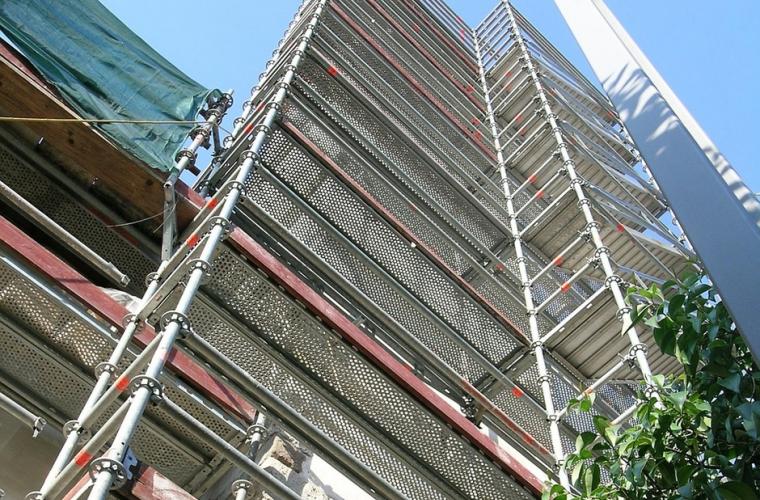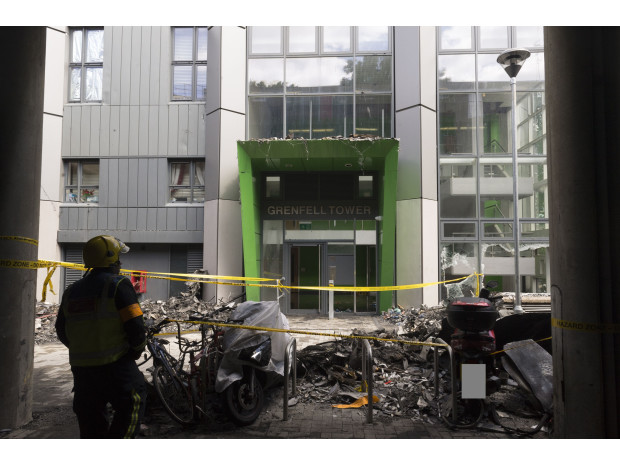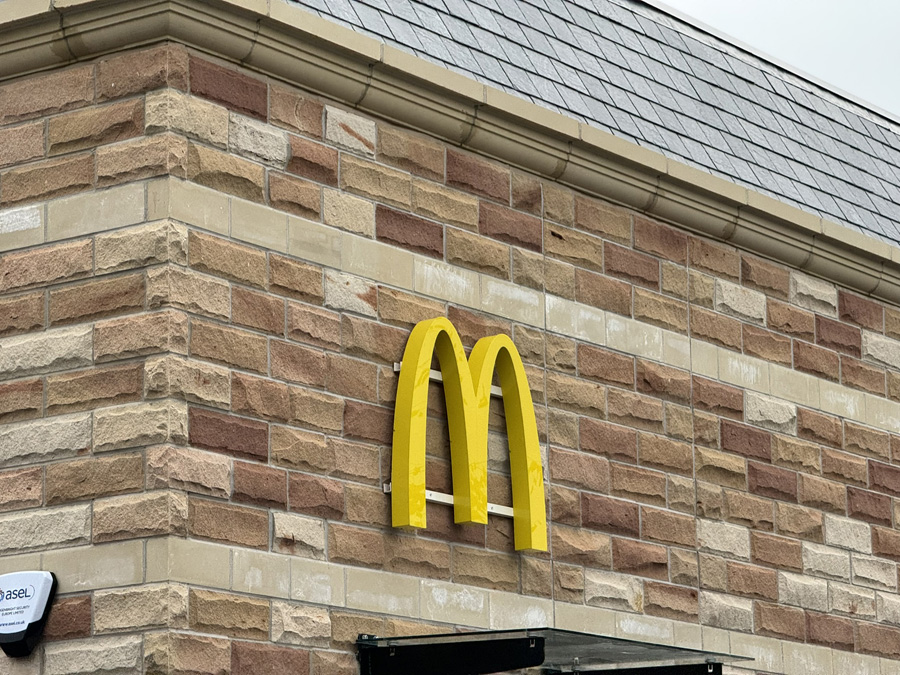The government has reset its approach to building safety with a bold new
plan to protect leaseholders and make wealthy developers and companies pay to
fix the cladding crisis.
Secretary of State for Levelling Up Michael Gove has guaranteed that no
leaseholder living in their own flat will have to pay a penny to fix unsafe
cladding.
Following Mr Gove’s letter to industry, the old proposed loan scheme for leaseholders in
medium-rise flats will be scrapped, with industry given two months to agree to
a financial contributions scheme to fund the new plan, otherwise, if necessary,
the government will impose a solution in law.
In addition, a new dedicated team is being established to pursue and expose
companies at fault and to force them to shoulder the burden of making buildings
safe.

RIBA President, Simon Allford,
said: “This new plan should provide some welcome relief to the many homeowners
who have unduly suffered at the hands of our flawed building safety regime –
and we welcome that.
“We remain concerned however that the new funding mechanism will not raise
enough money to fully address the widespread fire safety or structural defects
that exist up and down the country. The extension of the Defective Premises Act
will also seriously impact the availability of insurance for the entire
construction sector, impacting not only architects who are needed to help
design remedial works, but also others who have never worked on high-rise
housing projects.
“While the new collaborative procurement guidance signals progress, that too
will require much stronger Government oversight to prove effective, because
despite awareness of risks, too many construction projects confuse cost, value
and safety.
“To help the construction sector to move forward, the Government must,
accepting of its role as the regulator that allowed this crisis to arise,
devise and enforce a properly funded and sustainable solution.”
Dame Judith Hackitt, who chaired the Independent Review of Building
Regulations and Fire Safety said the move was “very welcome” and should come as
a great relief to leaseholders.
“Those who caused the problem now need to step up, take
responsibility and show some leadership,” she explained. “This problem has gone
on for too long and we need a rapid solution, not months of debate and
negotiation leaving innocent leaseholders in further limbo.”
Eddie Tuttle, Director of Policy, External Affairs & Research at CIOB, said: “The Chartered Institute of Building has been actively engaged in raising standards and promoting best practice in building safety, for its members and wider industry, and will continue to work with industry and government to bring about the culture change that is needed, as well as developing the required competency standards for the duty holder roles under the upcoming Building Safety Act.”
Commenting on an announcement to raise £4bn to replace combustible cladding on buildings of heights between 11m and 18m, Mike Robinson, Chief Executive of British Safety Council said it was a positive step forward as it will hopefully take the burden off many thousands of leaseholders facing large costs to replace unsafe cladding. “It is also of course
right that the construction industry continues to play its part in helping to resolve these issues,” he continued.

“The Government must
also shoulder its own responsibilities, having overseen the regulatory
framework that led to Grenfell and other similar tragedies. We need to see all
sides taking a positive and constructive approach to discussions between now
and March.
“The sad truth is the
funds announced...may also not go far enough. They will not pay
leaseholders’ costs for other issues beyond cladding that aren’t included in
these plans, such as balconies on a building that have been built with
flammable material.
“The Grenfell fire
showed how broad the building safety crisis is, spanning not just construction
but design, manufacturing, fire safety and building management. However, there
is no excuse for it having taken over four and half years to get to this point
and these other issues also need to be approached with urgency.”
Kate Henderson, Chief Executive of
the National Housing Federation, says: “We welcome this
important move from the government to find a solution to the cost of dangerous
cladding on buildings above 11m, and we agree that those responsible -
developers, contractors and manufacturers - should make a major contribution to
funding the remediation needed. Innocent leaseholders should not have to pay
for building safety issues created by the big building firms.
“In the absence of funding, charitable housing associations have been left
to pick up the bill. These not-for-profit organisations already estimate they
will spend £10bn - over double the sum being talked about today - on
remediating homes where social renters live, impacting their ability to build
more social housing and improve existing properties.
“As ever when it comes to this crisis, speed, clarity and certainty are of
the essence. We need urgent and decisive action to end the misery leaseholders
are experiencing and ensure people are safe in their homes. We look
forward to seeing more detail from the government and will continue to work
with ministers to put an end to the cladding scandal”
London Councils welcomed the government’s proposed new deal with the
residential property developer industry to help fix the cladding crisis.
Boroughs have repeatedly expressed concern at the slow progress in removing
dangerous cladding from many buildings across the capital and have long pushed
for clearer direction from the government on how the full costs of remediation
work should be funded.
Cllr Darren Rodwell, London
Councils’ Executive Member for Housing & Planning, said: “We’re
pleased to see the government taking these steps to fix the cladding crisis,
which has dragged on for far too long.
“This year will mark the fifth anniversary of the Grenfell Tower fire and no
one should still be living in a building with dangerous cladding. Every
Londoner must be safe – and feel safe – in their home, yet many are living in a
nightmarish limbo while arguments rage over how remediation works will be paid
for.
“Boroughs agree that the residential property industry should make a greater
financial contribution towards the cost of removing unsafe materials from
London’s buildings. Ministers now need to keep up the momentum and make sure
the industry delivers on these fair and much-needed commitments for improving
building safety, as well as working with councils on delivering stronger local
powers for enforcing fire safety measures.”
CIH head of policy and public affairs Rachael Williamson said: “CIH welcomes the new approach to building safety which was set out yesterday, making sure developers who designed, built and profited from unsafe buildings are paying to fix them. But we must make sure that protections and assurances are in place for all leaseholders and that the cost of fixing the cladding crisis doesn’t risk undermining future housing supply. Further assurance is needed on the detail."





















